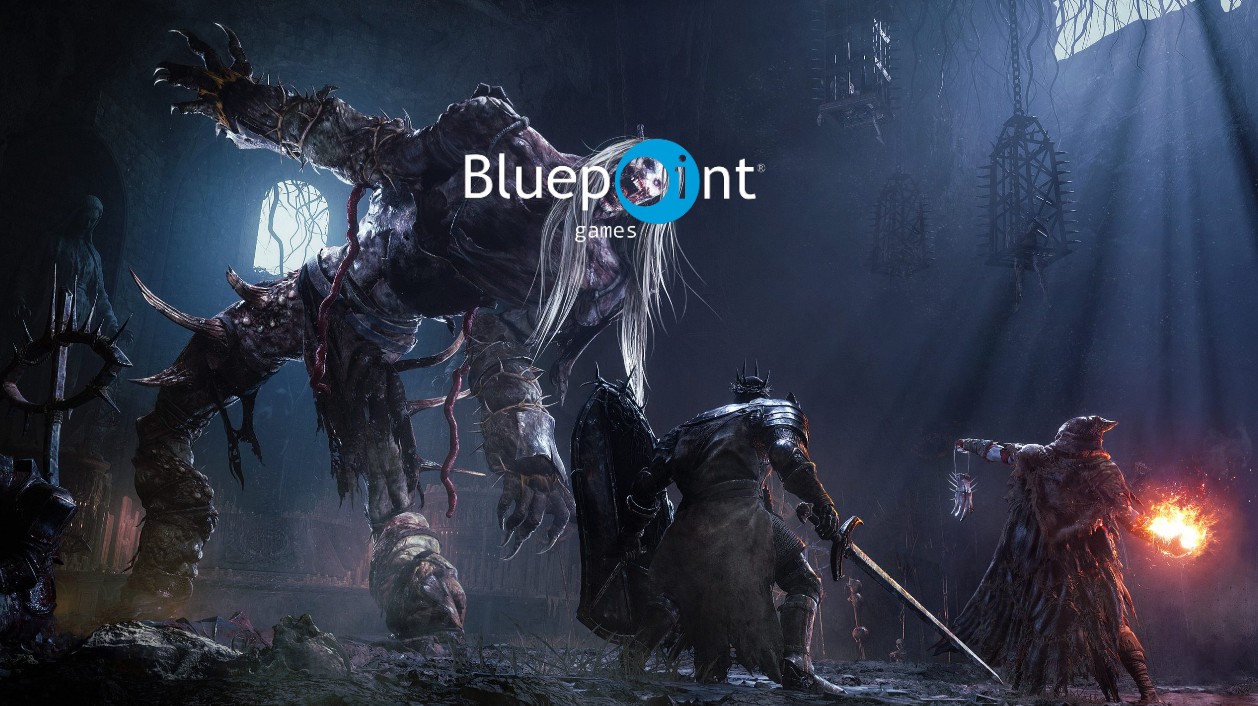Nvidia is the leading graphics card company in the PC gaming industry. With a huge lead over rivals like AMD, Nvidia is often at the center of innovations and impressive products in the industry.
The company recently increased its value to $1 trillion as a direct result of leading AI innovations. This has also led to concern among gamers about a potential future where Nvidia abandons gamers completely to focus on AI endeavors.
However, a recent interview from PCWorld addresses this concern, with Nvidia reassuring gamers that the company still cares about them.
Why it matters: Nvidia has faced criticism for its latest generation products. The RTX 4000 line-up offers poor performance jumps for high prices leading to disappointment among the PC gaming community.
When CEO Jensen Huang was asked about Nvidia’s plans for the future, he clarified that gaming is still a focus for Nvidia. He highlighted recent Nvidia introductions like RTX and the benefits of AI technology for gamers.
The CEO said:
“RTX was invented for gamers, and for RTX, the most important technology is AI.”
“The first AI project in our company, the number one AI focus was DLSS.”
Nvidia introduced RTX to gaming graphics cards nearly five years ago in 2018. Since then, the technology has seen various iterations and has even made its way to the current-generation consoles like the PS5 and Xbox Series S|X.
The company also came up with DLSS to combat the performance reduction from ray tracing. While DLSS was off to a rocky start, it has now transitioned into an impressive upscaling technology that can now generate AI-based frames for the latest GPU generation.
These innovations encouraged rivals like AMD to introduce its own ray tracing hardware, along with FSR, the upscaling technology that is also supported on older graphics cards and current-gen consoles.
CEO Jensen Huang then highlighted another new introduction, the Avatar Cloud Engine. This technology allows for improved NPCs in games through AI. As such, it is clear that Nvidia intends to stay in the PC gaming market.
The CEO also addressed the recent hot topic of VRAM in Nvidia graphics cards. When discussing 8GB VRAM, Jensen Huang stated it is a balancing act between cost, power, and cores. Despite the criticism, he believes 8GB VRAM is appropriate for the GeForce RTX 4060 Ti.
Nvidia’s interest in the gaming segment could also mean the company may provide better-value graphics cards soon. This can include price drops, a generational refresh, and products better suited to modern games demanding more VRAM.
Thank you! Please share your positive feedback. 🔋
How could we improve this post? Please Help us. 😔
[Senior News Reporter]
Avinash is currently pursuing a Business degree in Australia. For more than 5 years, he has been working as a gaming journalist, utilizing his writing skills and love for gaming to report on the latest updates in the industry. Avinash loves to play action games like Devil May Cry and has also been mentioned on highly regarded websites, such as IGN, GamesRadar, GameRant, Dualshockers, CBR, and Gamespot.





